Helping more people survive cancer is the aim of everything we do. Read stories from women who have been affected by cervical cancer, and how research has made a difference to them.
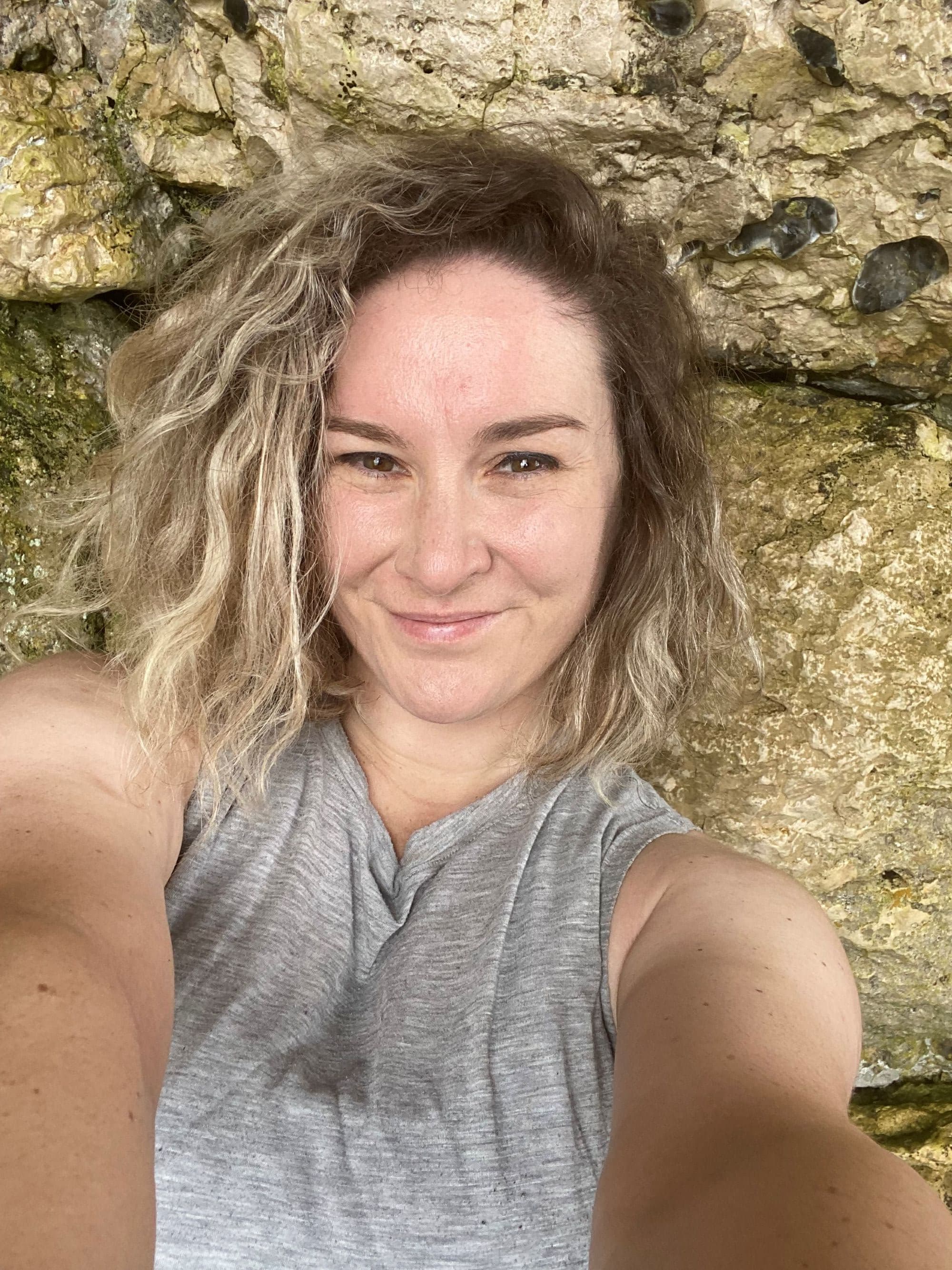
Tara was diagnosed with cervical cancer in 2015 and took part in the Cancer Research UK trial INTERLACE, which she was initially apprehensive about. “For me, the words clinical trial meant doom and gloom but I got it completely wrong. But I was given a choice to do a trial and my clinical nurse Wendy was fantastic at explaining it to me. Now I really want to raise awareness about clinical trials as I loved being a part of one. My oncology team were amazing and I felt very privileged to know that I was part of groundbreaking research.”
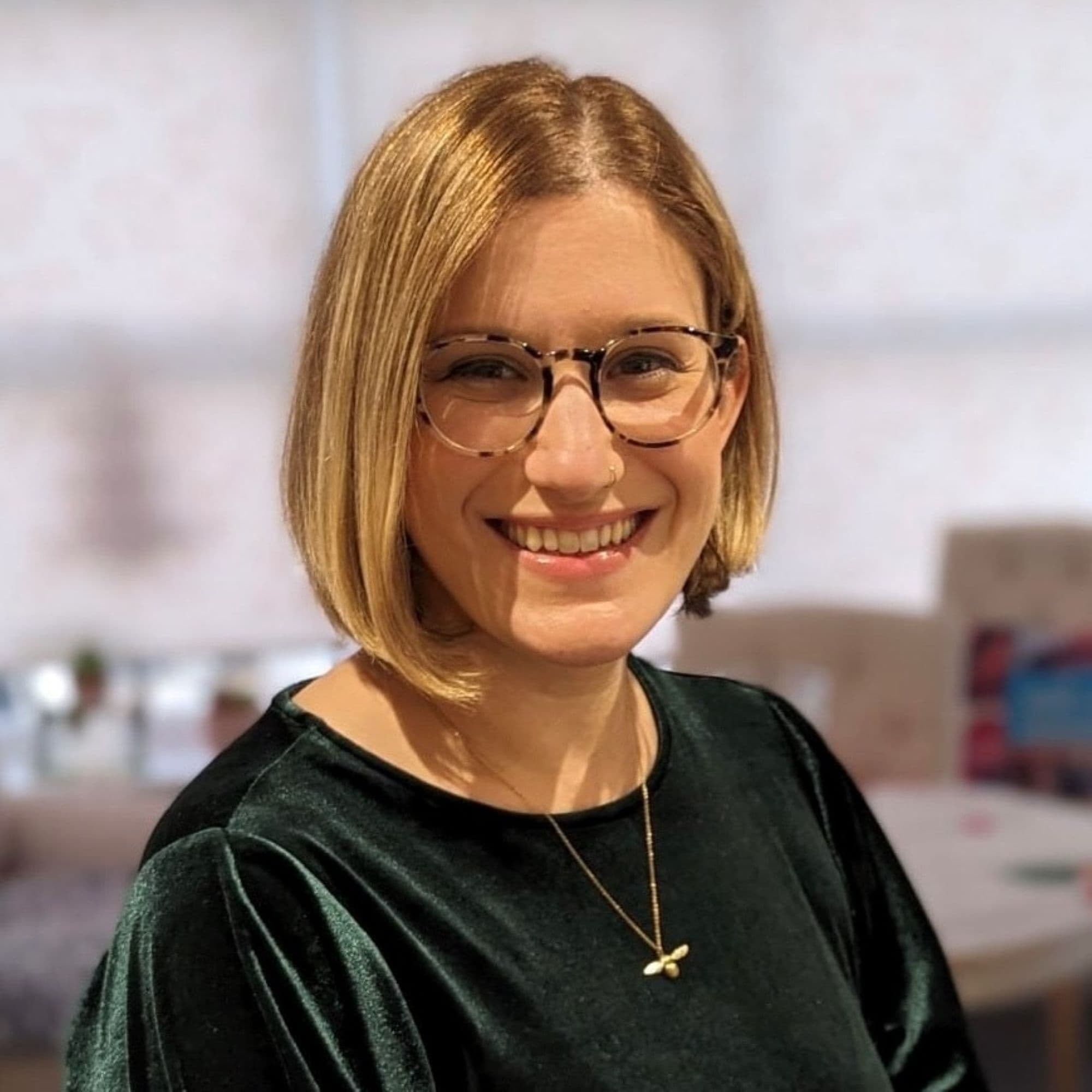
Gem wasn’t sure what to expect before her first screening appointment, so she did some research online about what the appointment would involve. “This helped put my mind at ease. I was still nervous, but the image that you build up in your head is usually far worse than the reality,” she said.
In 2015 following a routine smear test, she got the news that the doctor had found cancerous cells. After being successfully treated, she’s a strong advocate that eligible people should take up the offer of the vaccine, as well as cervical screening. “I missed out on the HPV vaccine, but my younger sister was given the HPV vaccine in the first rollout. It gives me comfort knowing my sister and others who have had the vaccine are protected against HPV and are therefore less likely to develop cervical cancer.”
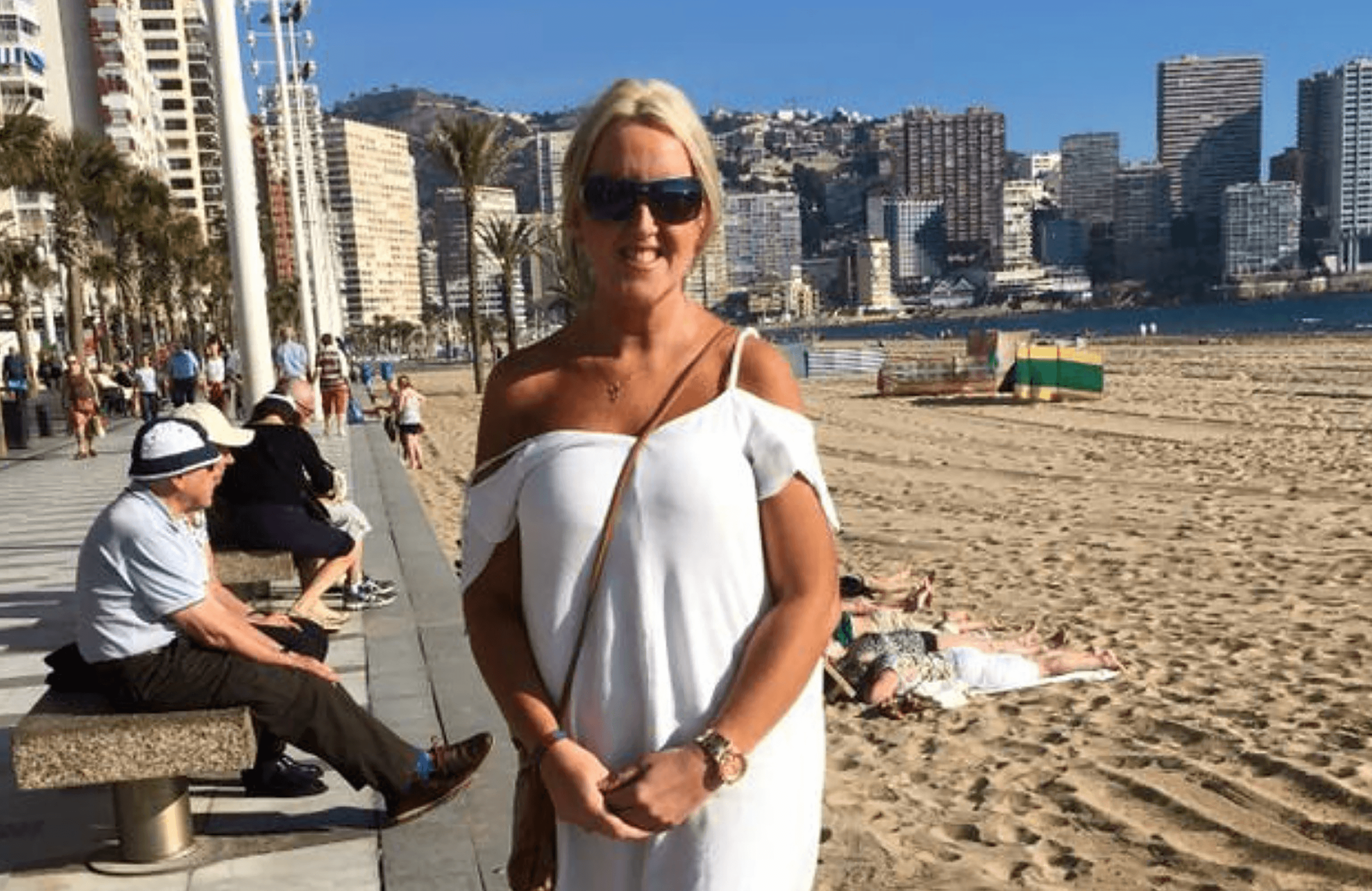
For 10 years Pamela didn’t take up her cervical screening invites, but in 2013, irregular bleeding that she'd been experiencing became so bad that she went to hospital. Tests confirmed that she had stage 2 cervical cancer. Doctors arranged for Pamela to see a specialist to talk about chemotherapy and radiotherapy options, as her cancer couldn’t be operated on.
"It made me realise I was in with a chance, whereas before I didn’t have any hope,” she said. Five years on from her diagnosis she was told she was in remission. "Never give up even when you think there’s no hope as I was only given a small chance of survival and I am here to tell the tale. I hope my story can inspire others.”
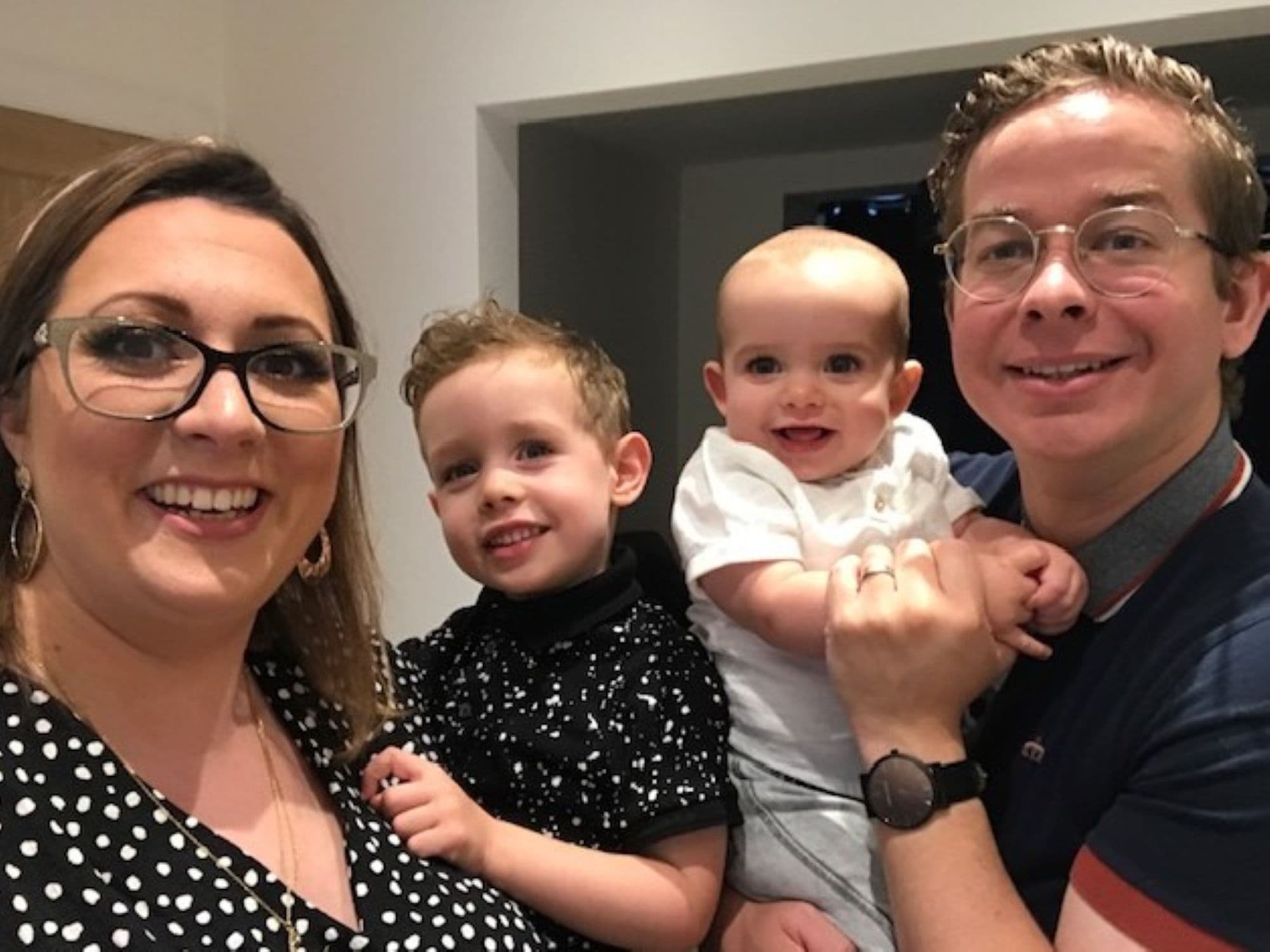
In 2019, Nicola was diagnosed with stage 1 cervical cancer. After an initial round of treatment, doctors found cancer was still present and suggested that she undergo a hysterectomy.
“Such a life-changing operation was a strange prospect in my thirties," she said. "However, I didn’t want the risk of any cancer still being there, and I felt lucky to have already had two children. We might have tried for a third in the future, but there was no doubt in my mind that I would rather be here for the two I have already got. I think it is so important for women to know that cervical cancer, if caught at an early stage, can be successfully treated.”

From studying the biology of cervical cancer cells in the lab to leading clinical trials testing cutting-edge treatments, our researchers are working hard to ensure more women survive cervical cancer.
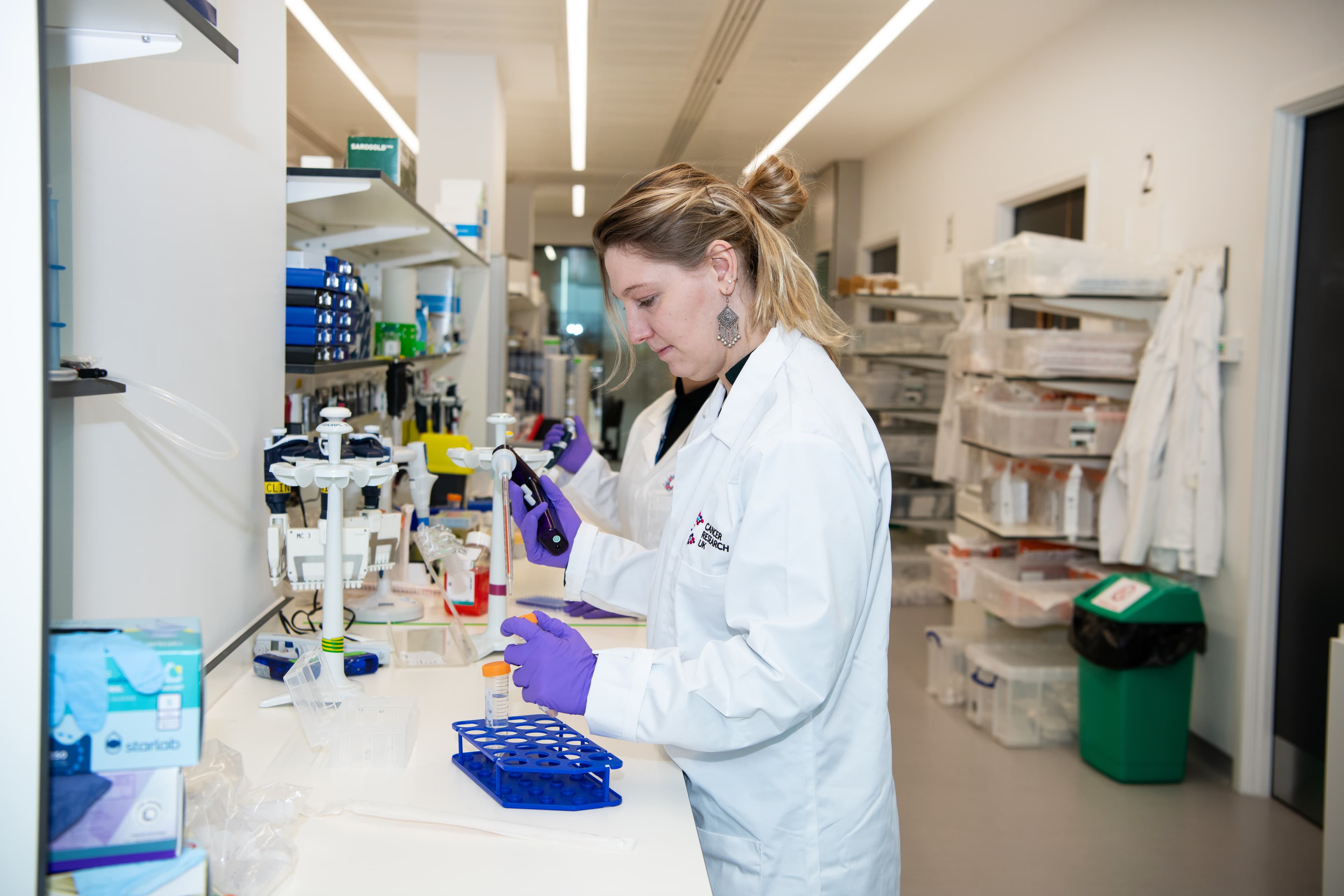
Thanks to research, we've helped change the outlook for people with cervical cancer.
Want to find more information about our research or cervical cancer?